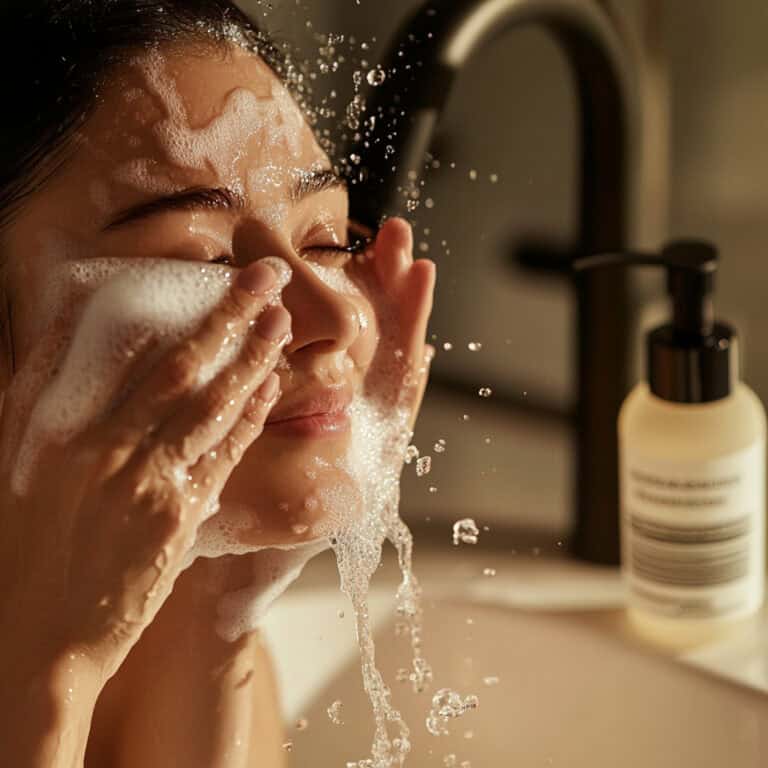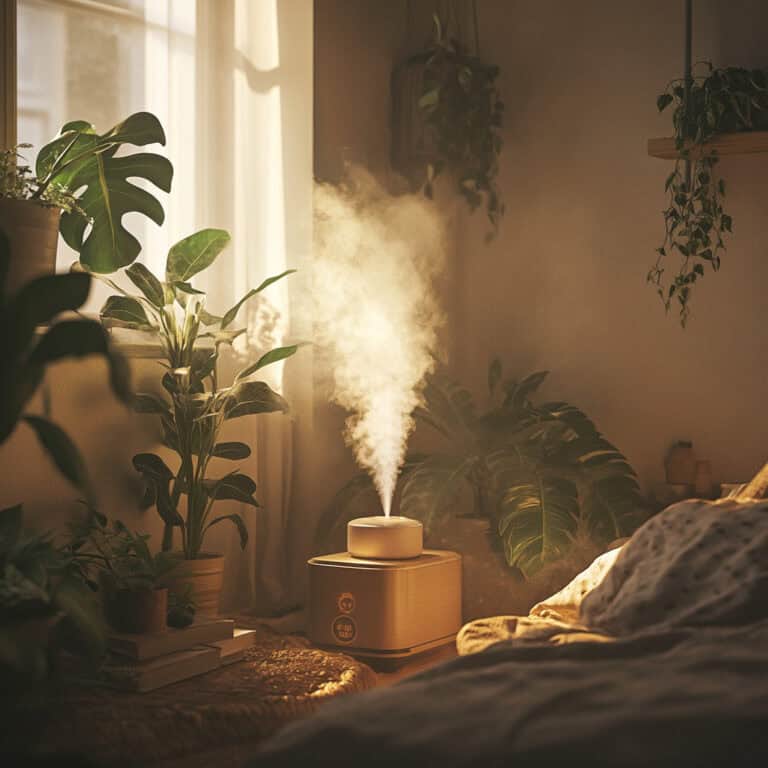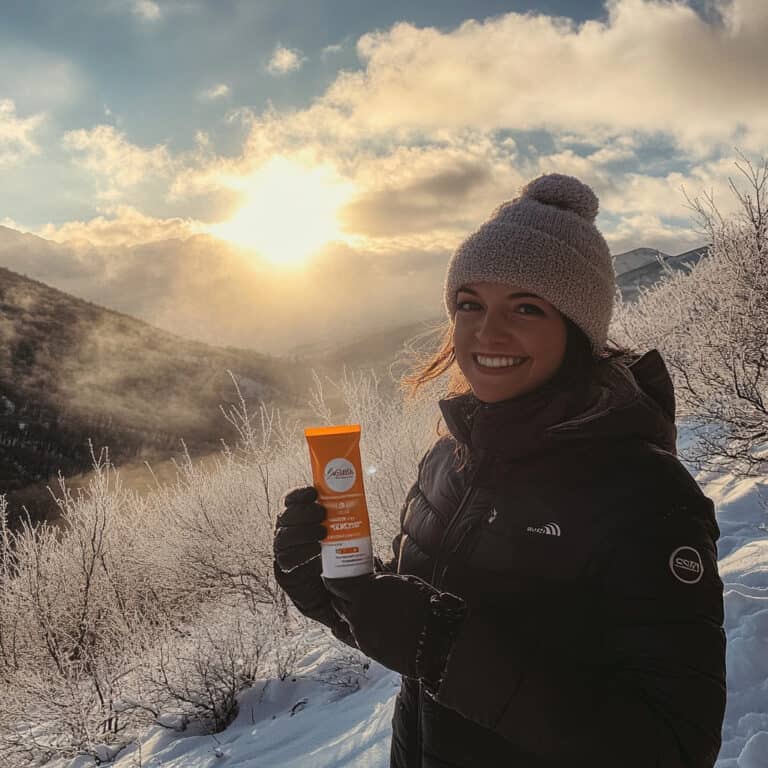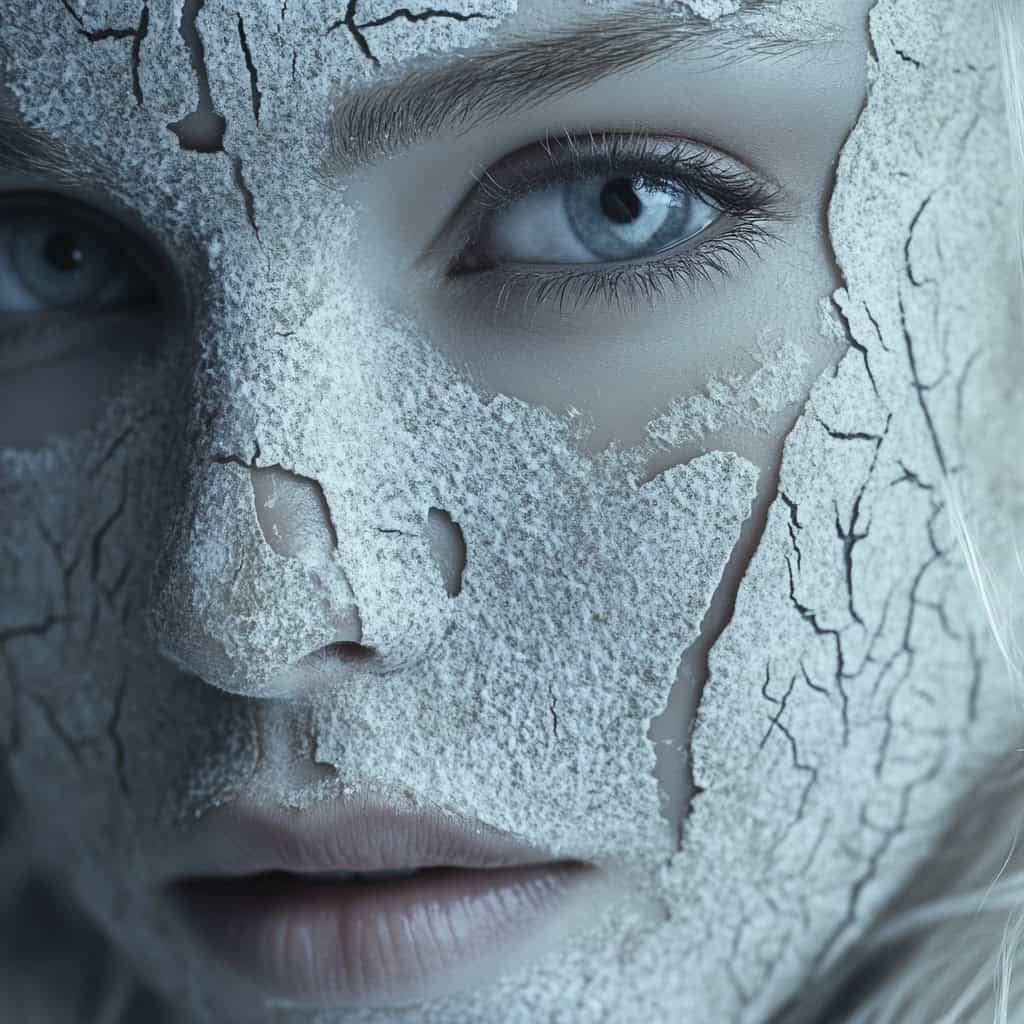
As the cold months roll in, our skin can take a beating. That soft, glowing skin we love seems to dry out the moment the temperature drops. But with the right adjustments to your skincare routine, you can keep your skin hydrated, comfortable, and radiant all winter long. Let’s dive into the essentials of dry skin care in winter to help you face the season head-on.
In my case, I was used to having dry skin once my oily, acne-prone days ended in my early twenties. I thought it was “normal,” especially for a “guy.” I certainly didn’t think that “real men” put moisturizer on their faces. But when I finally jumped into self-care, moisturizing was the first thing that hooked me. After just a week or so of consistent care, my skin looked and felt so much better.
You might think your skin is fine because you’ve gotten used to it. But I’m asking you to try moisturizing, especially in winter. You’ll be pleasantly surprised by the results!
Quick takes:
- Choose oil-based creams over lotions for deep hydration in winter.
- Use gentle, fragrance-free cleansers to avoid stripping your skin’s natural oils.
- Apply a hydrating serum with hyaluronic acid to maximize moisture retention.
- Run a humidifier to maintain skin moisture indoors.
- Stick to lukewarm showers and baths to prevent skin from drying out.
Why winter wreaks havoc on your skin
Winter air is dry, and indoor heating only makes matters worse. Cold temperatures and low humidity levels draw moisture out of your skin, leaving it parched and sensitive. Your skin’s natural barrier also becomes less effective, which can lead to flakiness, cracking, and irritation if left untreated. But with a few strategic changes to your skincare regimen, you can restore that lost moisture and keep your skin healthy.
Upgrade to an oil-based moisturizer
If your usual moisturizer isn’t cutting it in winter, it’s time for an upgrade. Switch from lighter lotions to oil-based creams in colder months. These creams create a protective barrier that helps lock in moisture and keeps your skin soft. Lotions, which are water-based, can evaporate quickly in winter’s dry air, leaving your skin feeling dry again. Oil-based creams offer longer-lasting hydration.
Look for moisturizers with:
- Shea butter: Ultra-nourishing and deeply moisturizing.
- Glycerin: Acts as a humectant, drawing moisture into the skin.
- Ceramides: Replenish the skin’s barrier function, reducing water loss.
My morning go-to is La Roche-Posay Toleriane Double Repair Face Moisturizer. It has ceramide-3, niacinamide, glycerin, and other powerhouse ingredients. It’s the first moisturizer I’d really miss if it disappeared from my routine—my skin stays smooth for hours.
Another simple option I love is aloe vera gel. After stepping out of the shower, I use it all over my body. It feels amazing for the rest of the day. Sometimes, I’ll even apply it to my face as an after-shaving soother.
Whatever product you choose, timing matters. Apply your moisturizer right after a shower or washing your face, when your skin is still slightly damp. This locks in moisture that’s already there.
Gentle cleansers for happy skin

Cleansing is important, but winter calls for a more gentle approach. Harsh, foaming cleansers can strip your skin of its natural oils, which is the last thing you need during dry months. Instead, choose hydrating, fragrance-free cleansers designed for sensitive or dry skin.
Wash your face less often
I picked up the habit of washing my face multiple times a day when I had acne as a teen. But in college, I met someone who only washed her face with warm water, and her skin looked amazing. I started washing less frequently, and my skin thanked me for it.
Nowadays, I use a gentle cleanser in the evening to wash away the day’s grime, and in the morning, I just splash my face with warm water and use a soft washcloth.
Cut back on exfoliation
While exfoliation helps remove dead skin cells, overdoing it in winter can lead to dryness and irritation. Stick to exfoliating once or twice a week with a mild exfoliant. Avoid cleansers with chemical exfoliants like glycolic or salicylic acid if you’re using them daily—they can damage your skin’s protective barrier in winter.
Add a hydrating serum to the mix
When your skin needs extra hydration, serums can be a game changer. Look for serums with hyaluronic acid, which binds moisture to the skin. Apply your serum before moisturizing to add an extra layer of hydration.
Other hydrating ingredients to look for include:
- Niacinamide: Helps improve the skin’s barrier function.
- Aloe vera: Naturally soothing and hydrating.
If your skin feels particularly dry, adding a serum can give it that extra boost it needs during the colder months.
Turn down the heat – in your shower

Hot water strips your skin of its natural oils. This leaves your skin dry and itchy. Stick to lukewarm showers or baths, even though hot water can be tempting in winter. Shorten your shower time, and always moisturize immediately afterward.
Pat your skin dry gently (don’t rub), and leave a bit of moisture on your skin before applying your oil-based cream. This ensures that every last drop of hydration is locked in.
Use a humidifier indoors

Indoor heating zaps moisture from the air, making your skin drier even when you’re cozy inside. Combat this by using a humidifier to add moisture back into the air, especially overnight while you sleep.
Place your humidifier in your bedroom or living room, and aim to keep humidity levels between 40-60% for optimal skin health. Tip: You don’t need to spend a lot of money! I’m still using a humidifier I bought at a garage sale, but remember to keep it clean by emptying the tank each morning and letting it dry.
Stay hydrated from the inside out

Hydration isn’t just about what you put on your skin—it’s also about what you put in your body. Drinking plenty of water is essential year-round, but especially in winter. You can also support skin hydration by eating water-rich foods like cucumbers, oranges, and leafy greens. Omega-3-rich foods, such as salmon and flaxseeds, help strengthen your skin’s barrier and retain moisture.
Sun protection in winter

Even though the sun may not feel as strong in winter, UV rays are still present and can damage your skin. This damage can contribute to dryness, flakiness, and premature aging. Opt for a moisturizing sunscreen with SPF 30 or higher, even on cloudy days, to protect your skin from harmful rays while keeping it hydrated. Sunscreen isn’t just for summer—it’s an essential part of your winter skincare routine too!
Personally, I turn to the tried-and-true CeraVe AM Facial Moisturizing Lotion with broad spectrum SPF 30 sunscreen.
- Broad spectrum SPF 30 sun protection–also available in SPF 50
- Contains some hyaluronic acid to retain the moisture in your skin
- Includes niacinamide for a number of aging-related skin concerns
- Fortified with 3 important ceramides that help keep your skin’s natural barrier healthy.
Layer up, but choose fabrics wisely
Winter layers can rub against your skin and exacerbate dryness. Avoid rough fabrics like wool directly on your skin, and opt for soft, breathable materials like cotton. And don’t forget your hands! Keep a rich hand cream in your bag or near your sink to apply after every wash.
FAQs about skincare in winter
Let’s wrap it up…
By following these steps, you can keep your skin soft, hydrated, and healthy throughout winter. Remember, your skin’s needs may change depending on your environment, so adjust your routine as needed to find what works best for you.
What about you?
What have been your biggest skincare challenges in winter? Have you found any products or routines that work wonders for your dry skin? Share your experience in the comments—your advice could be just what someone else needs to hear!


Leave a Reply